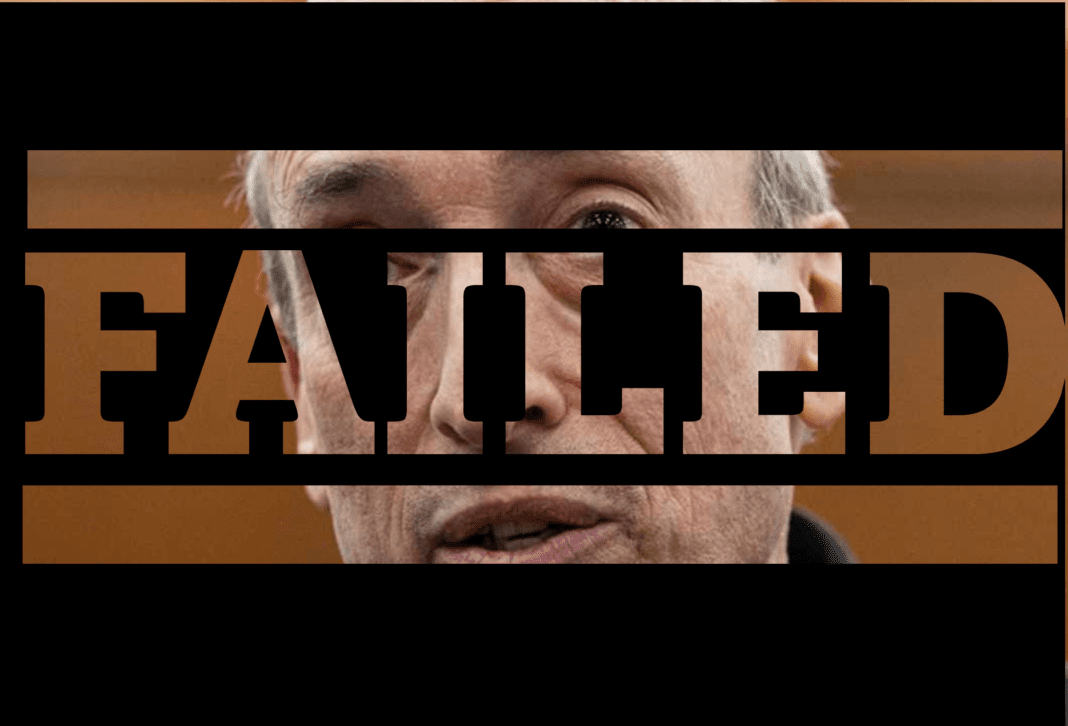The SEC has certainly failed to create regulatory guidelines for the crypto industry. Instead, it is pursuing lawsuits against crypto companies, claiming that they are violating applicable securities laws. Many crypto tokens would meet the criteria of the Howey Test, the SEC argues. In fact, the Howey Test was also the result of a court case in 1946, so the SEC is used to establishing regulatory frameworks through the courts. This time for the crypto industry. In court cases against Ripple, Coinbase, or Binance, the U.S. regulator seeks to establish clarification.
The Emerging Frontline: SEC vs. Crypto Industry
In recent weeks, the U.S. Securities and Exchange Commission (SEC) has escalated its legal confrontations with major crypto exchanges, most notably Binance and Coinbase. These cases, centering on the critical issue of security tokens and the application of the Howey test, are not merely isolated legal skirmishes but represent a broader regulatory offensive against the entire crypto industry. On January 22, 2024, a court hearing took place in the case SEC v Binance.
The Howey Test Legacy
The Howey test derives its name from a landmark U.S. Supreme Court case in 1946, SEC v. W.J. Howey Co., that established a blueprint for whether a transaction qualifies as an investment contract. If an asset meets the test criteria—including a cryptocurrency—then the SEC views it as a security that should be regulated.
The SEC’s Argument: A Focus on Security Tokens
At the heart of the SEC’s lawsuits against Binance and Coinbase lies the decades-old Howey Test, a legal benchmark used to determine whether an asset qualifies as a security. The SEC alleges that both exchanges, along with others in the sector, have violated U.S. securities laws by trading tokens that meet this definition.
During the recent court hearing with Binance, the SEC pressed its case, asserting that tokens like BNB and BUSD, traded on the exchange, should be classified as securities. This follows a similar line of argumentation seen in their case against Coinbase.
Judge Questions and the Broader Implications
Judge Amy Berman Jackson‘s probing questions during the Binance hearing highlighted the complexities of applying the Howey Test to digital assets. The judge’s critical stance on Binance‘s interpretation of the test, and the SEC’s defense of its clarity and applicability, underscore a significant tension point.
This legal battle transcends the specifics of Binance or Coinbase; it’s a fight for clarity in regulatory guidelines that the crypto industry has long sought. The lack of clear rules has left many crypto firms operating in a gray area, leading to enforcement actions not only against Binance and Coinbase but also Ripple, Kraken, and others.
The SEC’s Larger Game: A Push for Regulatory Clarity?
Through these lawsuits, the SEC appears to be indirectly sculpting the regulatory landscape for cryptocurrencies. By arguing that the Howey Test is sufficiently clear for digital assets, the SEC is effectively setting precedents that could shape future regulations.
Ripple and Coinbase Precedents: A Legal Blueprint
The SEC’s previous case against Ripple and the ongoing battle with Coinbase follow a similar narrative. These court rulings are poised to compensate for what the SEC has not explicitly outlined: clear regulatory guidelines for the crypto industry. The outcomes of these cases will likely have far-reaching implications, potentially clarifying what constitutes a security in the crypto world.
Conclusion: A Pivotal Moment for Crypto Regulation
The SEC v. Binance and SEC v. Coinbase cases are more than legal disputes; they are pivotal moments in the crypto industry’s quest for regulatory clarity. As the industry watches these cases unfold, there is a growing realization that the outcomes will shape not just the future of individual companies but the entire landscape of cryptocurrency regulation in the United States.
Stay tuned to FinTelegram for the latest developments in these landmark cases and their impact on the crypto industry.
